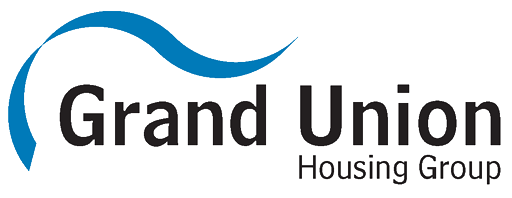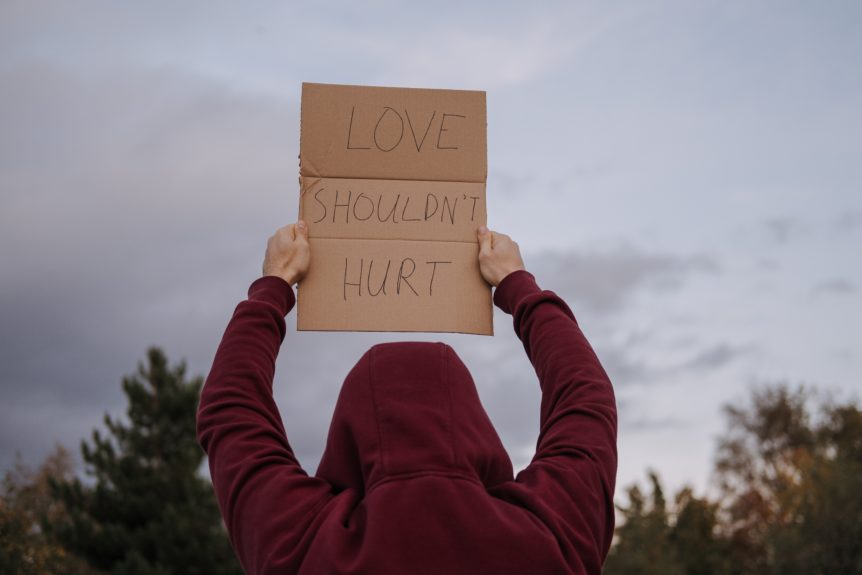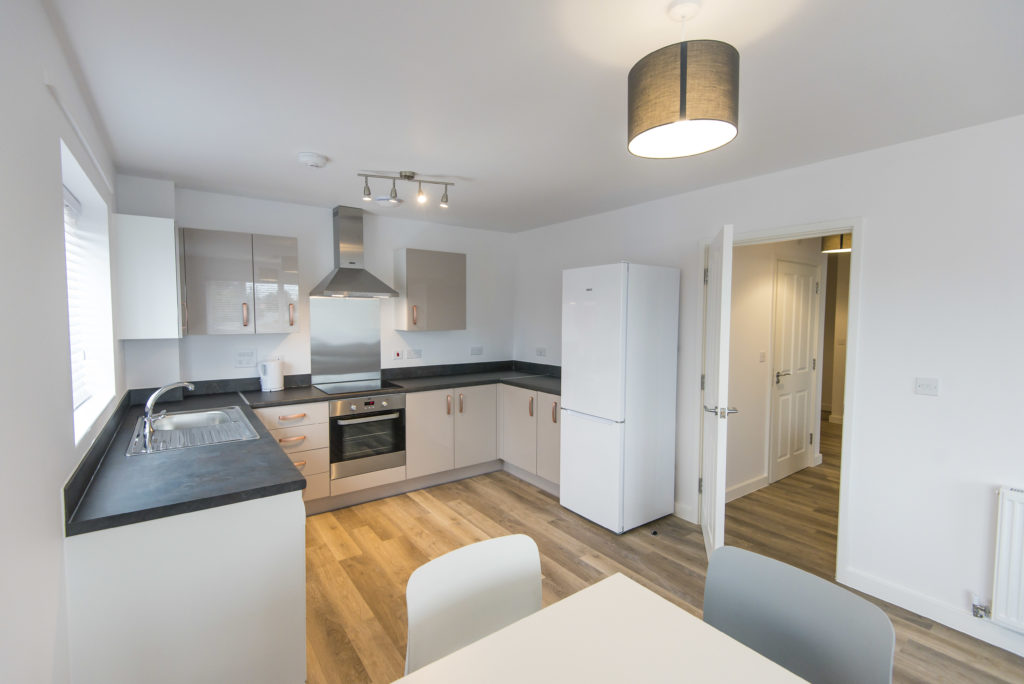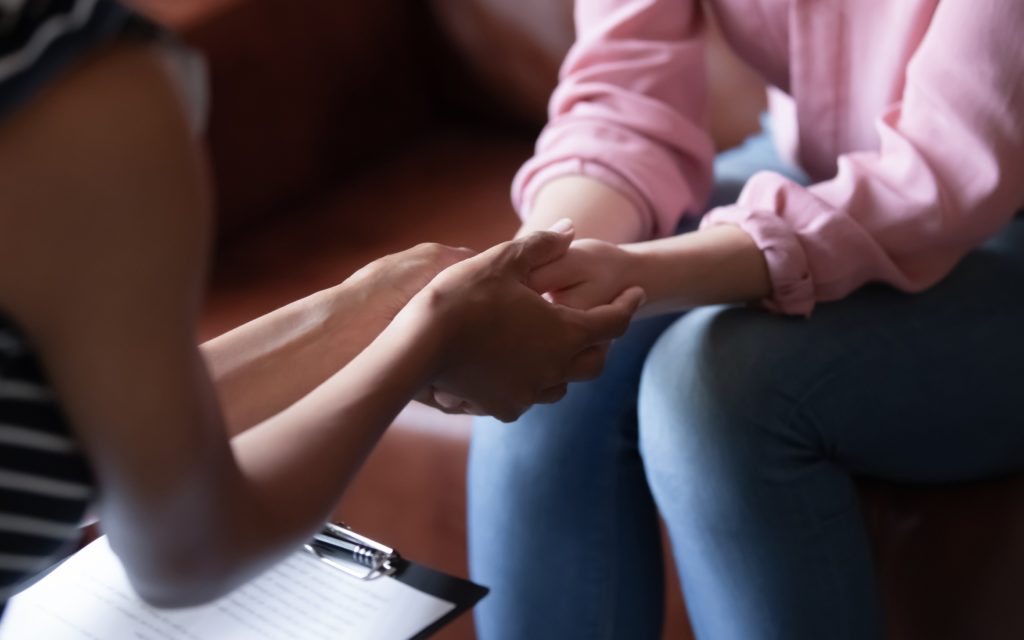By Lisa Kearns, Partnerships, Domestic Abuse & Safeguarding Manager
24 August 2021
Sadly, domestic abuse is an everyday occurrence. It will affect one in four women and one in six men in their lifetime, leading to two women a week being murdered and 30 men per year.
And the pandemic has only made matters worse, with lockdowns restricting some people’s access to support or escape.
The charity Refuge recorded an average of 13,162 calls and messages to its National Domestic Abuse helpline every month between April 2020 and February 2021. That’s up a staggering 60% on the average numbers at the start of 2020.
“We look at housing, income, safety, health, social networks and, of course, the wellbeing of any children involved, who may have witnessed abuse first-hand.”
Home should be a safe haven, but for those experiencing domestic abuse, especially during the lockdown periods, some have found it far from safe. The Guardian newspaper reported that domestic abuse killings more than doubled during a three-week lockdown in March/April 2020.
These facts are disturbing, especially to me, as the manager of our Domestic Abuse & Safeguarding team at Grand Union. We not only provide support and guidance for those experiencing domestic abuse, we have dedicated refuges too.
We have just opened our fourth refuge, in partnership with Stonewater and the local authority, for women and children fleeing domestic abuse.
It’s a depressing fact of life that these sorts of places are required but it’s important that we can provide safe spaces for people to stay, free from fear. Refuges play an important role in providing immediate safety but our support goes further than that – we look at housing, income, safety, health, social networks and, of course, the wellbeing of any children involved, who may have witnessed abuse first-hand.
Many people will associate domestic abuse with violence, but there are many types:
- Economic (controlling access to money, putting you in debt, stopping you working)
- Sexual (manipulating you to do things you don’t want to do)
- Tech (sending abusive messages, sharing images of you online, demanding access to your devices)
- Physical (hitting you, restraining you, shove you or throw things at you)
- Coercive control (using a pattern of behaviour to exert power and control)
- Psychological (name calling, manipulation, blaming you, gaslighting)
The issue of gaslighting hit the headlines recently when one of the people on the popular TV show Love Island had shown signs of manipulative behaviour, possessiveness and gaslighting towards another. All are indications of an unhealthy relationship and whilst some people would laugh this off as just a bit of reality TV, the conversations in the TV show are (somewhat) real and the impact is very real.
Some signs of gaslighting can be:
- compulsively worrying you’re interpreting things wrong or being too sensitive
- constantly apologising, people-pleasing and having increased self-doubt
- thinking everything is your fault
- finding it increasingly difficult to make decisions
- the perpetrator shifting blame away from themselves and onto you
- the perpetrator putting you down one minute and giving you praise the next
- you’re left second-guessing your interpretation and memory of events.
Because of the severe emotional distress it can cause, the Serious Crime Act was updated in 2015 for England and Wales to include coercive control offences. Under the new changes, someone found guilty of gaslighting could be fined or imprisoned for up to five years.
There’s a huge difference between gaslighting and disagreeing. Anat Toffell from Solace Women’s Aid says: “Someone who is gaslighting will repeatedly imply or claim outright that the victim’s perception of a situation is crazy or nonsensical.”
Does any of this sound familiar? If so, please get in touch with us.
We’re here to tell you that you’re not crazy and you’re not over-dramatic. Our Domestic Abuse & Safeguarding team will offer non-judgemental support and advice.
There’s more information here, including how to recognise signs of domestic abuse and how we can help: https://www.guhg.co.uk/support/domestic-abuse/
Or you can call us on 0300 123 5544 – but if you’re in immediate danger, call 999 and ask for the Police.





